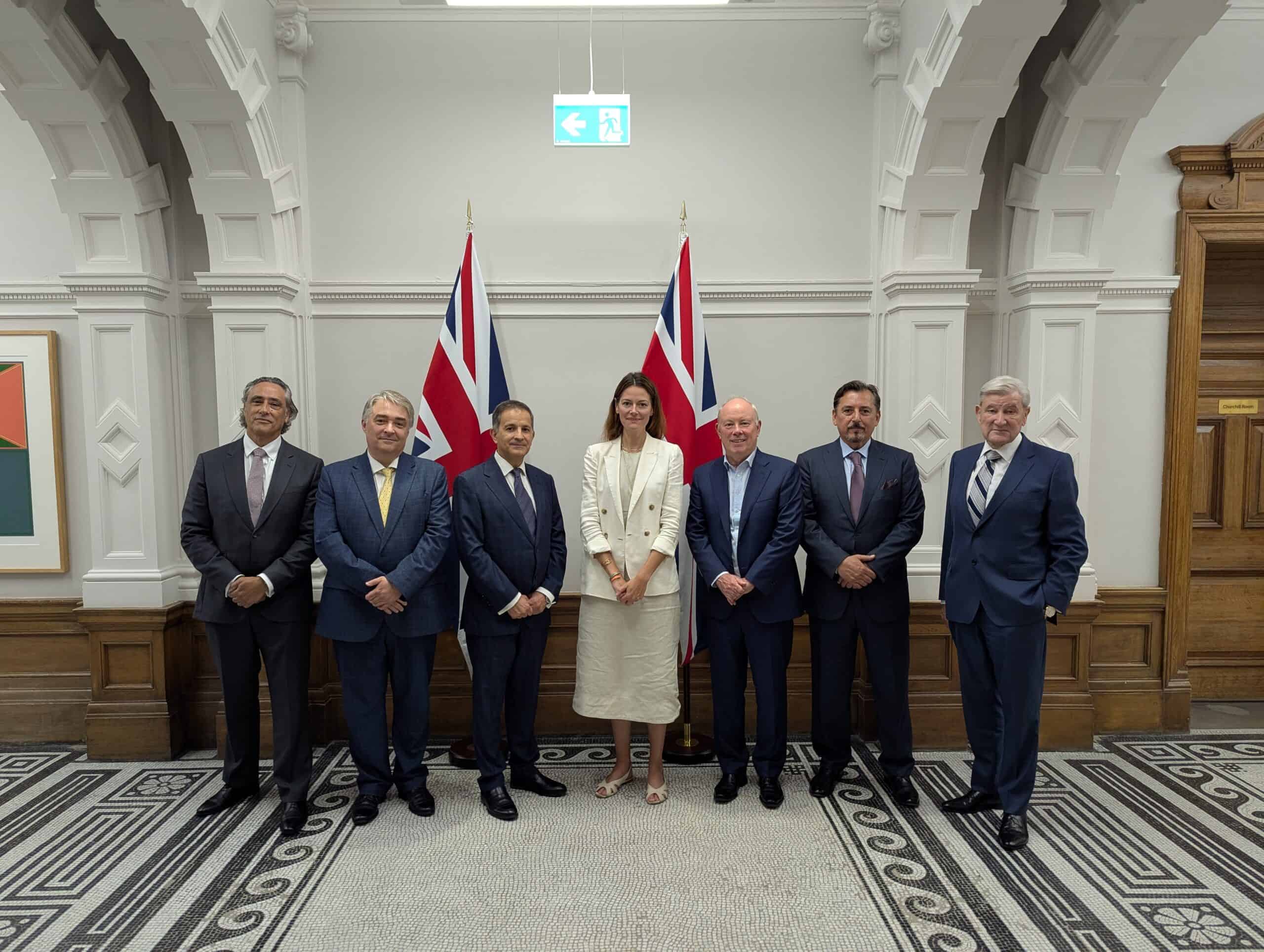
London Thames Hydrogen today confirmed a £200 million private-sector commitment to build a next-generation hydrogen-from-waste facility on the Tilbury Tax Site at Thames Freeport.
The project advances the Government’s Industrial Strategy and marks an important step toward net-zero, clean industrial growth.
The investment represents the first stage of a £1bn national hydrogen corridor, comprising multiple green hydrogen production sites across the UK road network for decarbonisation of road transport. This initiative will also include a 5 tonne-per-day hydrogen-from-waste development in Doncaster comprising hydrogen vehicle refuelling and off-grid hydrogen fuelled EV ultra-fast superchargers for cars, LGVs and HGVs.
Delivered by Chinook Hydrogen, a pioneer in advanced waste-to-hydrogen technology that produces carbon negative hydrogen and backed by Middle Eastern investment, the Tilbury plant will:
- Produce up to 12 tonnes per day of hydrogen that meets the UK Low-Carbon Hydrogen Standard, using residual waste otherwise destined for landfill, for vehicle decarbonisation;
- Removal of more than 50,000 tonnes of CO2 per year.
- Create more than 150 skilled jobs in engineering, operations, logistics and cleantech;
- Eliminate landfill methane and cut supply-chain emissions through Chinook’s patented modular gasification process.
Minister for Investment Baroness Gustafsson CBE said:
“The UK is a world leader in clean energy, and it’s great to see this investment will not only deliver cutting-edge low carbon hydrogen technology but create 150 new skilled jobs, putting more money in people’s pockets as part of our Plan for Change.
“We’re serious about fostering the benefits of net zero, which is why our modern Industrial Strategy is driving growth into our clean energies sector to attract even more investment and create jobs. Thames Freeport, one of our Industrial Strategy Zones, provides the perfect environment for this initiative to get started.”
Dr Rifat Chalabi, Executive Chairman, Chinook Hydrogen, said:
“By converting non-recyclable waste into clean hydrogen, we tackle the twin challenges of waste and decarbonisation in one stroke. Thames Freeport provides the ideal launchpad for this scalable solution to power sustainable industrial growth across the UK.”
Rt Hon Ruth Kelly, Chair, Thames Freeport, said:
“This is the kind of strategic, future-focused investment our Freeport Strategy sets out to attract. Chinook’s commitment shows how Freeports can spark new industries, unlock global capital and build a greener, more resilient UK economy.”
Engineered with minimal on-site hydrogen storage, the facility is designed to remain outside COMAH regulations, enabling a streamlined approval process. It is expected to be operational by 2028, forming the first node of a national hydrogen network for HGV refuelling and other industrial uses.


